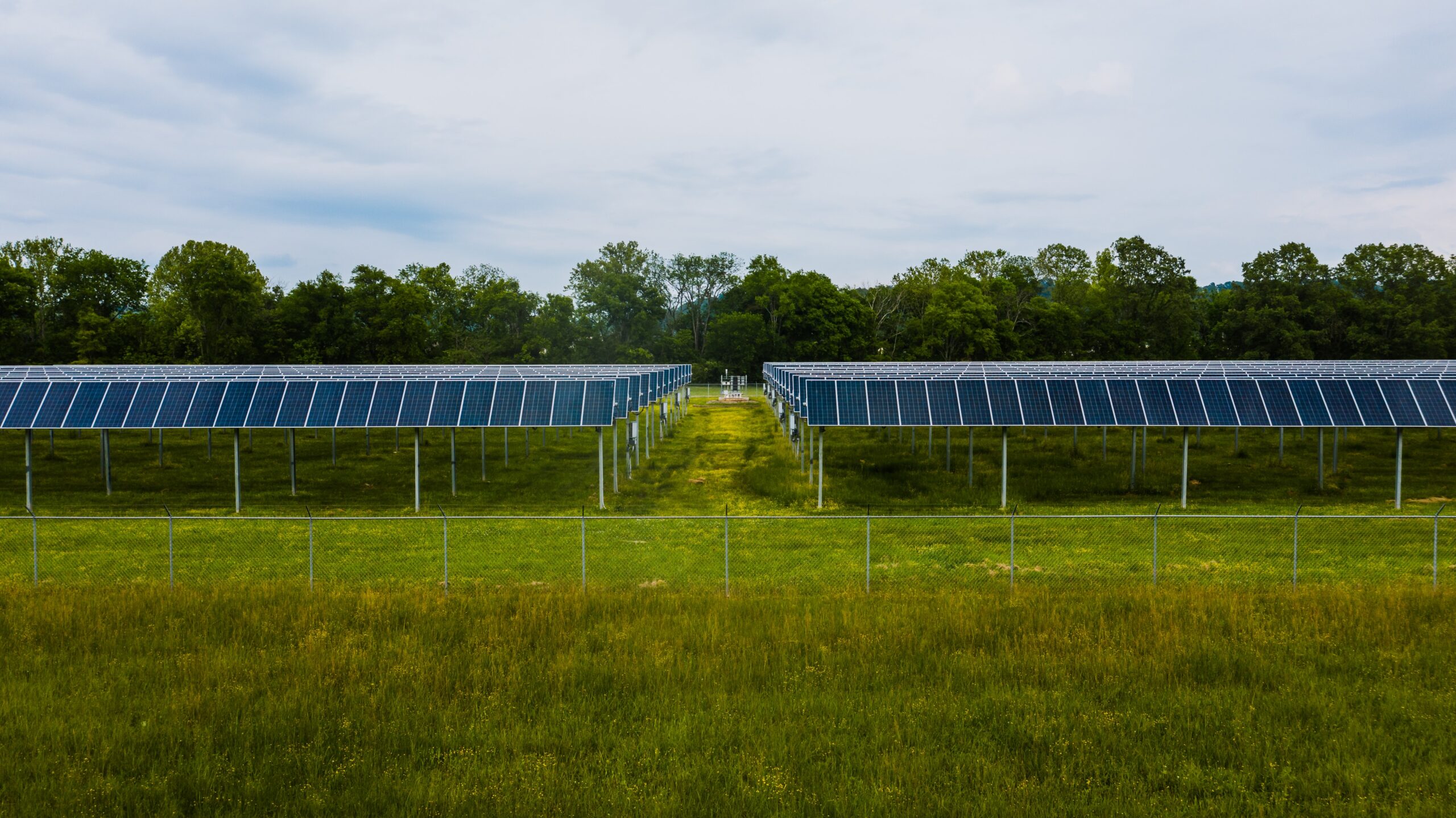A new study from Lawrence Berkeley National Labs (LBNL) illustrates the transformative potential community solar projects have to advance energy equity. The report highlights how these projects not only democratize access to clean energy but also foster significant social and economic benefits for underserved communities.
For the first time, the researchers combine household-level data from Berkeley Lab’s Tracking the Sun rooftop solar adopter data set with data compiled under NREL’s Sharing the Sun community solar research, as well as additional community solar adopter data collected for the study. To determine how well community solar is serving the needs of those who are underserved by the rooftop solar market, the study looked at the demographic characteristics of the two adopter groups.
Based on a sample of 11 states, the LBNL study found that community solar adopters in 2023 were about 6.1 times more likely to live in multifamily buildings than rooftop solar adopters, 4.4 times more likely to rent, and earned 23% less annual income. Based on this, the researchers conclude that community solar has effectively expanded solar access to multifamily housing occupants, renters and low-income households.
PV Magazine, June 2024, “Community solar increases energy equity, report finds”
The Promise of Community Solar
Community solar projects allow multiple households, businesses and organizations to share the benefits of a single solar array. This model is particularly advantageous for those who may not have the resources to install solar panels on their own properties, such as renters, low-income families and those living in shaded areas.
The new report underscores that community solar is more than just an environmental initiative; it’s a vehicle for social change. By pooling resources and leveraging economies of scale, community solar projects make renewable energy accessible and affordable to a broader segment of the population.
Key Findings of the Report
The report, a collaborative effort by various energy and social justice organizations, outlines several key benefits of community solar:
- Increased Accessibility: Community solar projects break down the barriers to solar adoption, providing equitable access to clean energy for all socio-economic groups.
- Economic Benefits: Participants in community solar projects can see significant savings on their energy bills. These savings are particularly impactful for low-income households, helping to reduce energy poverty.
- Environmental Impact: By increasing the adoption of renewable energy, community solar projects contribute to a reduction in greenhouse gas emissions, supporting broader environmental and climate goals.
- Social Cohesion: These projects foster a sense of community and shared purpose, as participants collectively contribute to and benefit from local renewable energy production.
- Job Creation: The development and maintenance of community solar projects create local jobs, boosting the economy and providing new opportunities in the green energy sector.
What Hoosiers For Community Solar Supports
As a coalition, we are working to enable independent community solar as a tool to make the benefits of renewable energy accessible to all Hoosiers.
It’s clear that local clean energy is our future, but it needs to be the future for every day Hoosiers—not just big companies and utilities. Our shared vision is a statewide policy that supports:
- Community and other independent ownership of community solar
- Tangible savings for subscribers
- Competitive and transparent markets for community solar development
- Equitable access to the benefits of community solar for all Hoosiers
Looking Ahead
As the world grapples with the twin challenges of climate change and social inequality, community solar projects offer a viable solution that addresses both issues simultaneously. The findings of this report highlight the need for a concerted effort from policymakers, industry stakeholders and the community at large to support and expand these initiatives.
By prioritizing community solar, we can create a more equitable and sustainable energy future for all. This report serves as a timely reminder that the path to energy equity is paved with innovation, collaboration and a shared commitment to progress.

